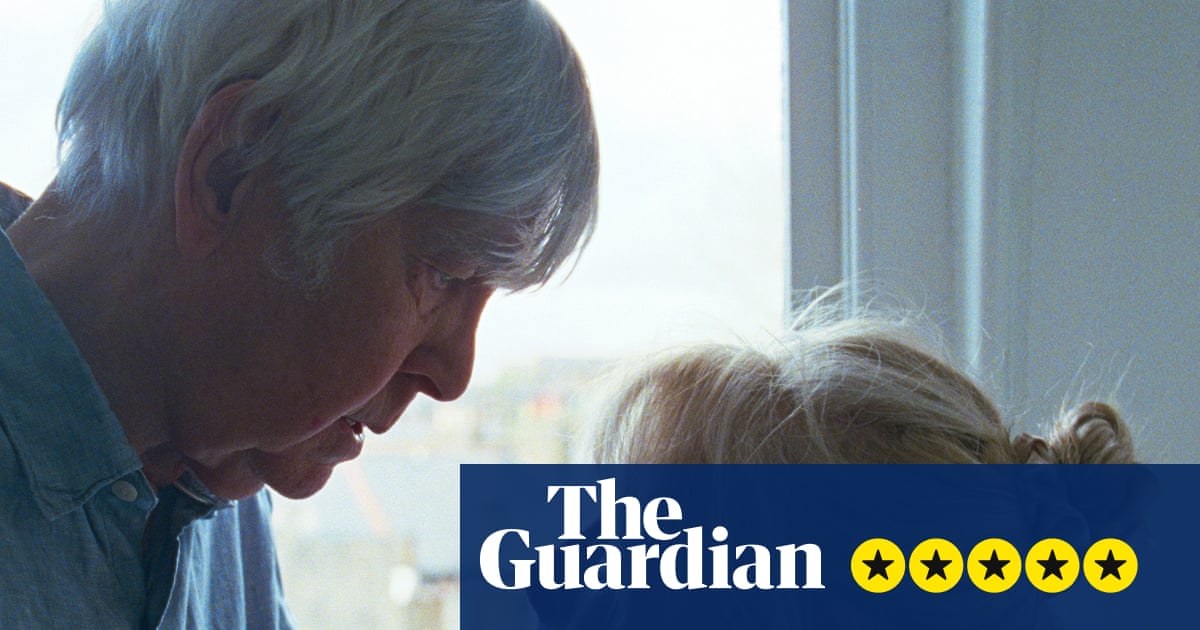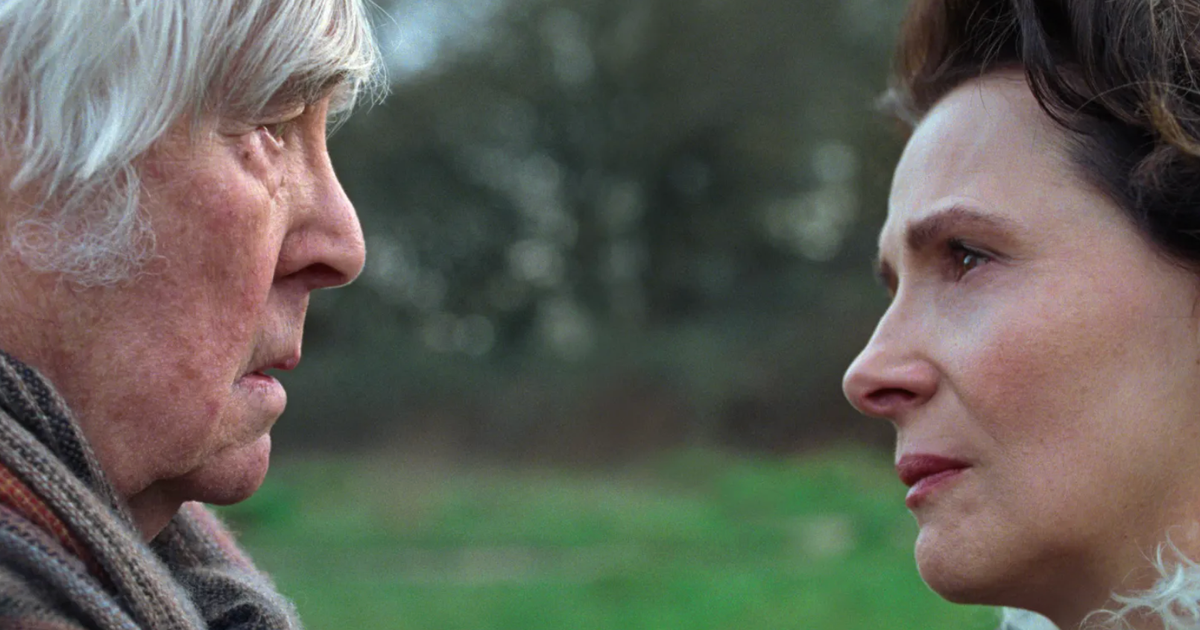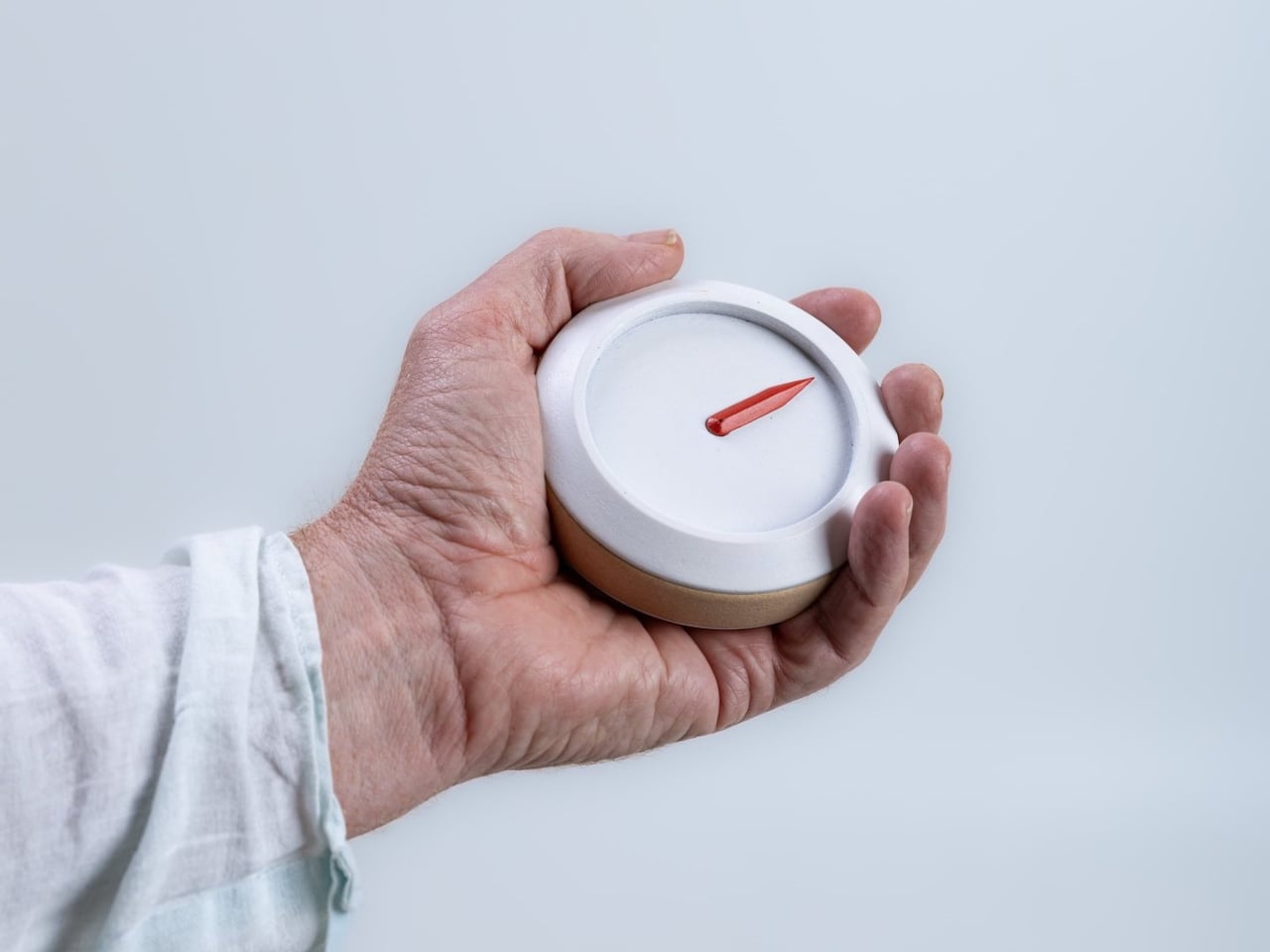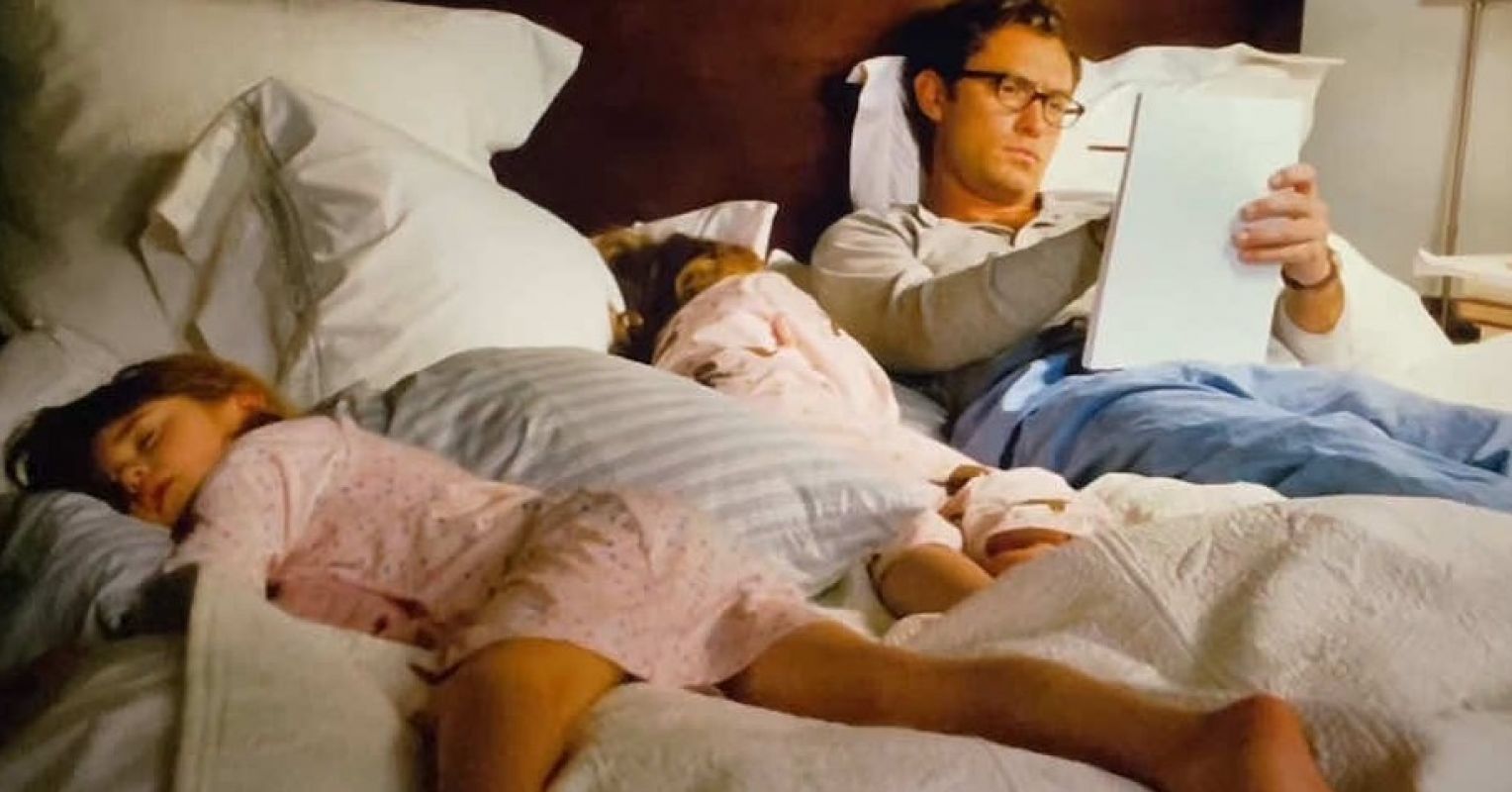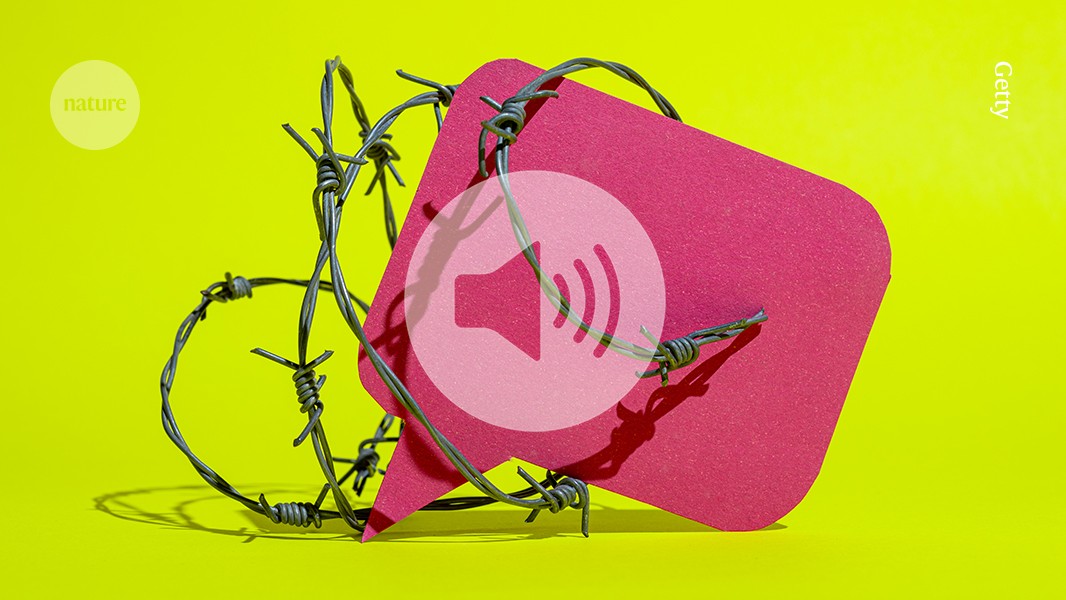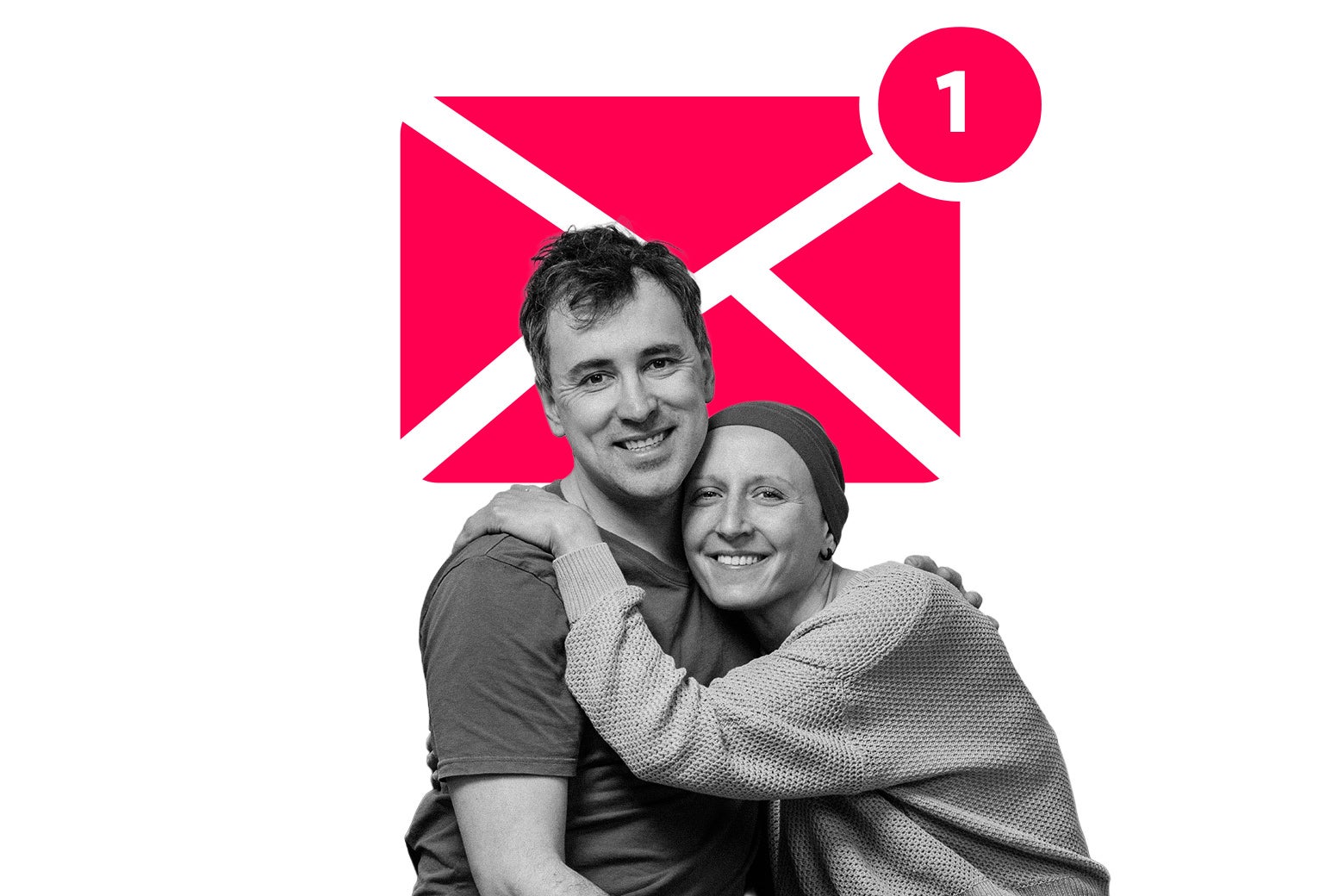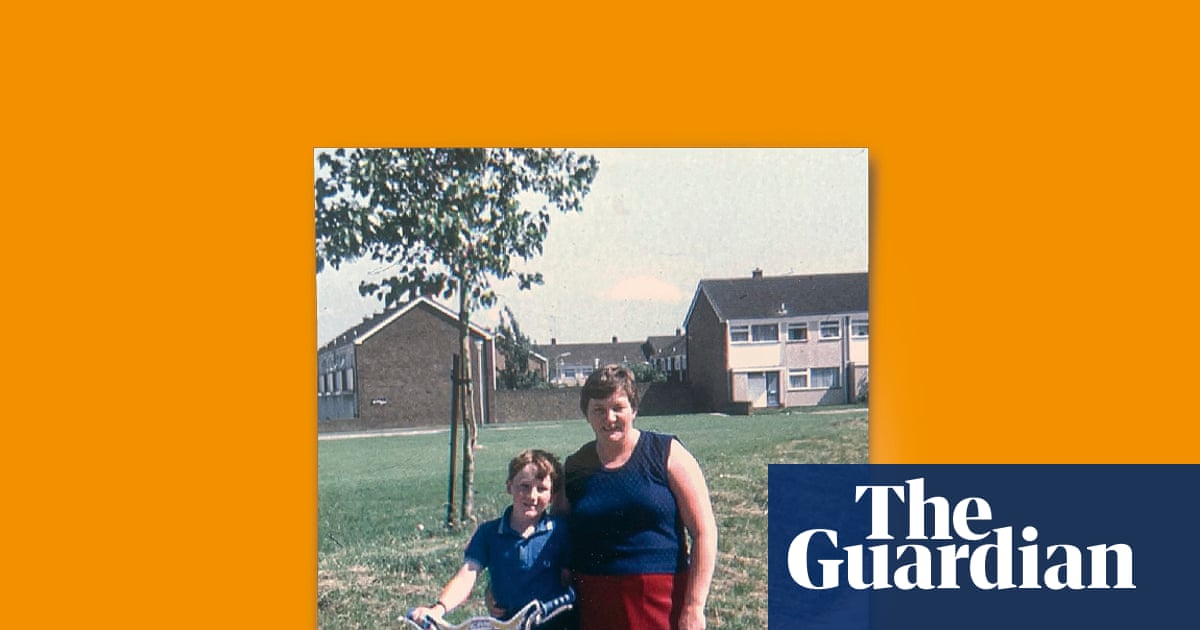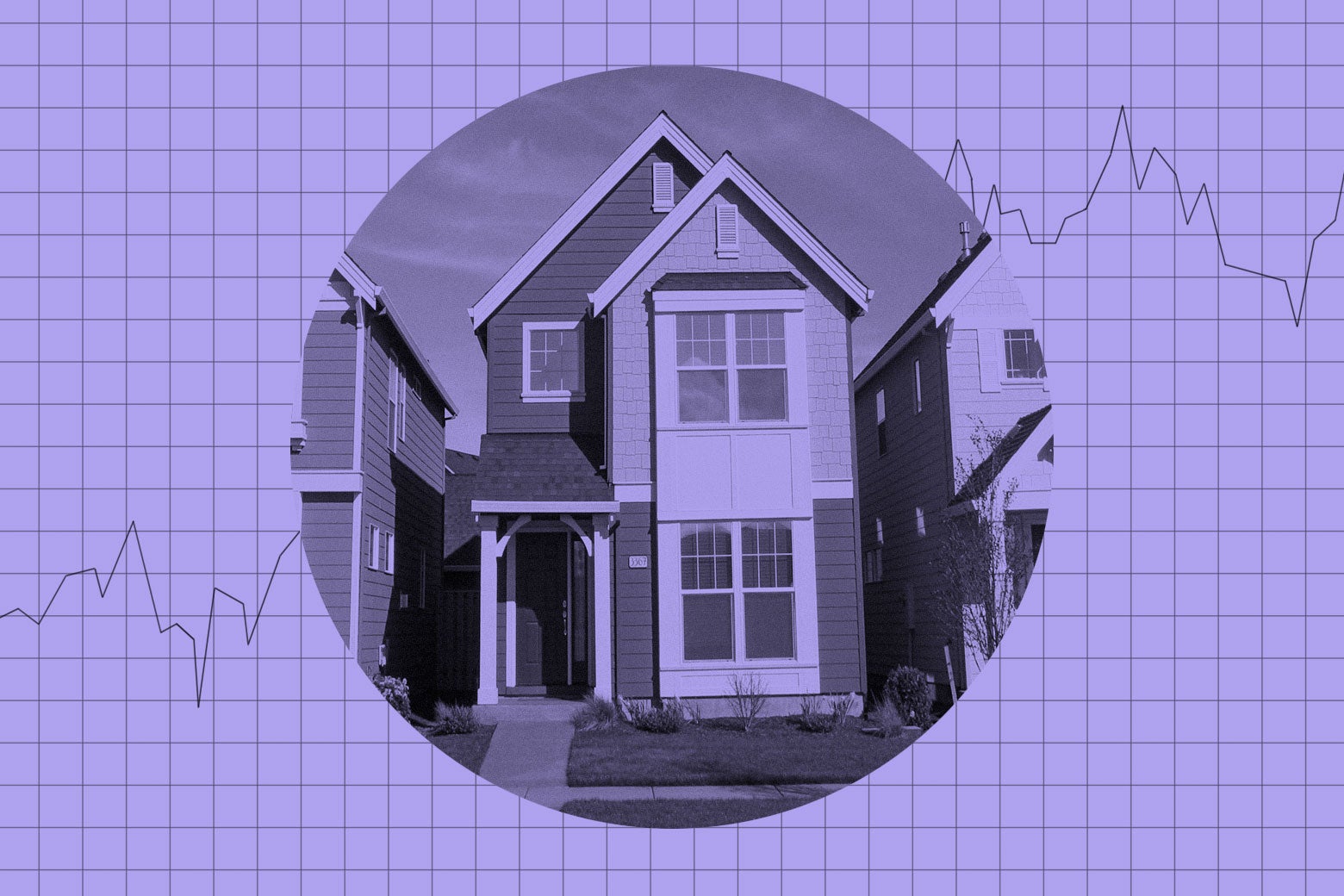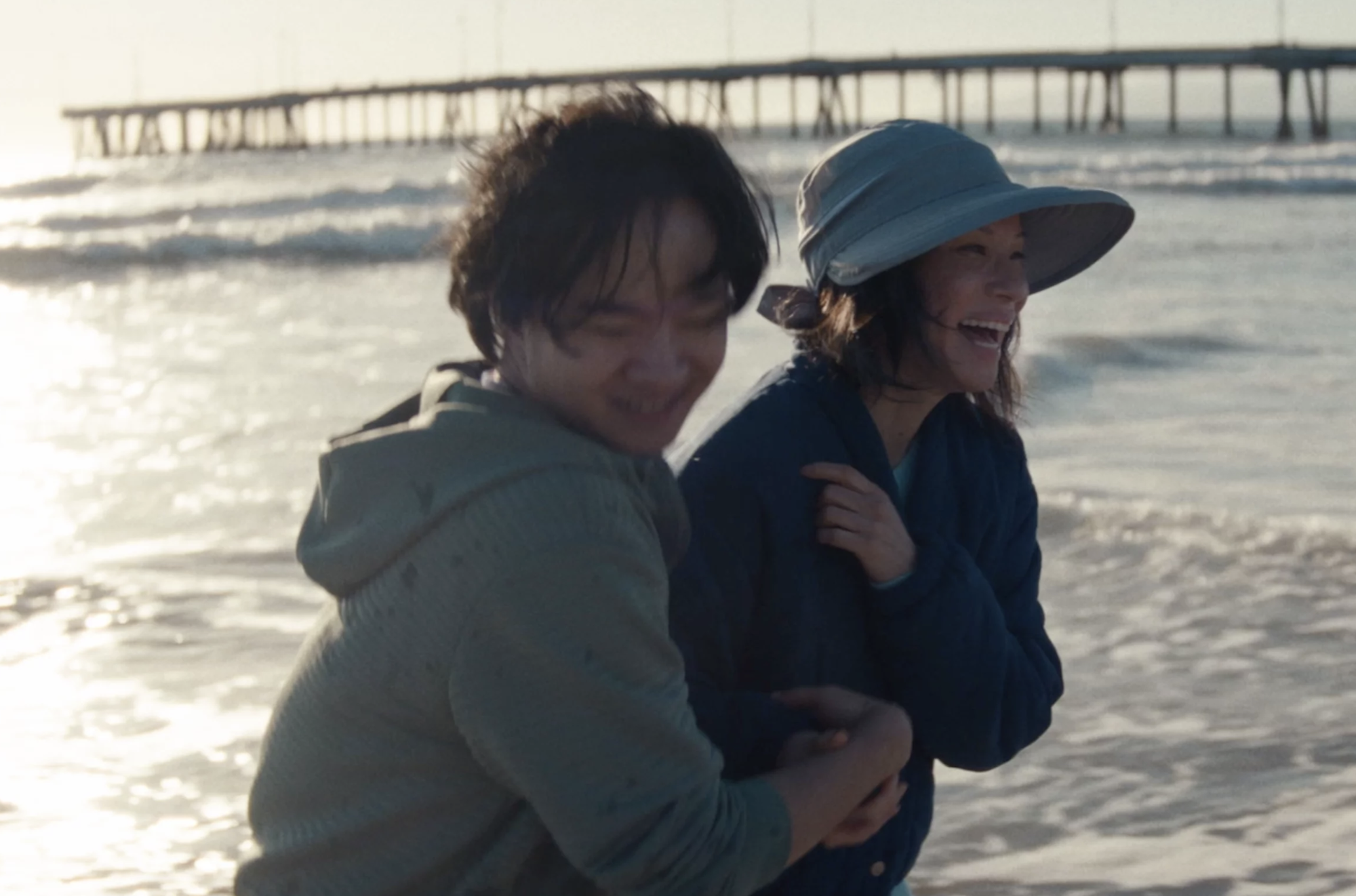#caregiving
#caregiving
[ follow ]
#grief #dementia #boundaries #family-dynamics #mental-health #family-support #family-conflict #disability
Psychology
fromSilicon Canals
1 day agoExperts say the frustration you feel watching a parent struggle with technology isn't really impatience - it's grief disguised as irritation, and most people never recognize the difference - Silicon Canals
Adult children often experience grief, not simple impatience, when observing a parent's loss of skills and the ambiguous loss of who they once were.
LGBT
fromQueerty
3 days agoHe wasn't his husband, he was "Mr. Coulter's pastor": The devastating love story hidden in a death certificate - Queerty
Reverend Robert W. Wood publicly affirmed gay people within Christianity before Stonewall, enduring professional, personal, and spiritual costs while living openly.
fromBusiness Insider
4 days agoI'm 76 and drive for Uber after losing my savings to my wife's cancer bills. I'm not sure how long I can keep driving.
At age 10 in 1960, I started shoveling sidewalks and mowing lawns. I used to cut a lawn for 25 cents. I worked at a produce market, washed dishes, and worked in retail while growing up. My mother was sick for a few years and died when I was a senior in high school. I went to prep school for a year and then college for a year, but I quit to become a caregiver to my younger siblings.
Public health
fromwww.theguardian.com
4 days agoYou think: Do I really need anyone?' the hidden burden of being a hyper-independent person
I took it upon myself to be that person in the hospital every single day chasing doctors, taking notes, making sure I understood why they were doing things. It was so stressful, she says, that at one point her hair started falling out, but she ploughed on. It was Jones's therapist who gently questioned whether she was going to ask for help. Jones laughs. The hair falling out didn't suggest to me that I needed help, it was somebody else looking in and saying that.
Mental health
fromBuzzFeed
5 days agoI Made My Son A Promise When He Was Born. 20 Years Later, I Was Devastated To Break It.
I resisted. How could I keep my promise and still consider a group home? The professionals all said the same thing in different words: You can't do this alone. What happens when you get older? He needs a trained staff. His physician, who'd known Chris since he was 3, was even more direct: A group home could offer the structure, safety and supervision I couldn't provide alone.
Parenting
fromInc
6 days agoMore Than 455,000 Women Left the Workplace in 2025. Here's How Companies Can Retain Them
I have been there. Waking up early, even hiring an early babysitter to help me get my son ready on time so we could both go to school and work. My husband is the primary breadwinner in our home. He often had to travel for work, so the burden was on me. I recall the stress of it all - arranging someone to pick up my son when I could not, managing logistics, and making payments. It was hard earned money lost.
Women
fromBusiness Insider
1 week agoI've got all the parenting skills. I just don't use them when I care for my grandkids.
My grandchildren live 3000 miles away, so I don't get to see them nearly as often as I'd like. Recently, I took a three-week break from my regularly scheduled life to help take care of them while their nanny was away. My son and daughter-in-law both work full-time, and I was eager to pitch in and help with school runs, meal prep, baths, and bedtime.
Parenting
fromThe New Yorker
1 week agoIn "Riot Women," the Punks Are All Grown Up
burdened by loneliness, depression, and the incessant needs of others, pours herself a stiff drink and steps up to the noose she's hung from the rafters of her airy farmhouse. Then the phone rings: her ungrateful brother, making demands. She tries again-another ring, another request, this time from a friend. She plays the piano, doesn't she? Will she join a group of fellow-amateurs for a charity gig? Twice thwarted, Beth sighs, says yes, and gets on with the business of living.
Television
fromSlate Magazine
2 weeks agoMy Wife Is Encouraging Me to Get My Needs "Handled" In a New Way. I'm Not Sure This Even Exists.
As a result of multiple disabilities, my wife may never be able to have sex with me again, or at least not for a long time. She always had a low libido, but recent developments have made sex actively difficult and unpleasant for her. I love my wife and do not wish to divorce her, but this presents a problem for me, because I have a very active libido.
Relationships
fromBusiness Insider
2 weeks agoBoth of my parents died before my son was born. My grandmother ended up being my son's grandma too.
My mom died when I was young, so I grew up spending summers with her mom in South Dakota. I loved that time with her, but I often only saw her that one time of year. I lived back in Florida with my dad for the rest of the year. When my grandma was older, she embraced the snowbird lifestyle and spent half the year in Florida to escape the Midwest winters.
Parenting
fromwww.mercurynews.com
2 weeks agoDear Abby: I'm furious that the other family has their hooks in my daughter
I worked hard to build a life for Penny and myself, and I have remained single all this time. Her father has passed away, but he had several other children, and his parents still live in our same small town. I thought my secret (and right to privacy) had been respected, but I recently found out that someone told Penny about her other family several years ago.
Parenting
fromFilmmaker Magazine
3 weeks ago"A Lot of Disabled People Don't Get to Take Big Risks": Liz Sargent on Directing Her Sister in Take Me Home
Take Me Home is a film about a caregiver, and the spirit of caregiving infused the entire production. Writer-director Liz Sargent based the feature, her first, on her short of the same name, which premiered at Sundance in 2023. It stars Anna Sargent, her sister, as a woman with a cognitive disability who is the caregiver for her aging adoptive parents.
Film
fromBusiness Insider
4 weeks agoI spent years traveling nonstop. It took me too long to admit my 'dream life' was actually horrible for my health.
In reality, the job of my dreams consisted of overnight flights where I'd get little to no rest, then hit the ground running as soon as I arrived at my destinations. After I'd fly back home from some trips, it would take me nearly a week to recover from jet lag. My stress levels were often cranked up, dealing with flight delays, deadlines, and navigation across different states and countries.
Health
fromIrish Independent
4 weeks agoThe Divorce Diaries - I asked him: 'Are you gay?' And he collapsed and said: 'I think so.' It was just awful
We met for coffee a couple of times and then that relationship broke up, very dramatically, and it really wasn't long before we got back together. We got engaged, bought a house, got married within a year and got pregnant shortly afterwards. I don't regret anything, I've got three amazing children, but most normal people would possibly have just spent a bit more time together. I was swept up in it and I'm not going to suggest that I was a passive person.
Relationships
Relationships
fromwww.mercurynews.com
1 month agoAsking Eric: I'm still steaming about how they trampled my holiday plans
Unsettling hosting experiences justify setting boundaries, declining invitations, or returning to more compatible traditions; caregiving responsibilities can fall unevenly among siblings.
Mental health
fromBusiness Insider
1 month agoI did my 5-day vacation all wrong. An expert says here's what I should have done differently to optimize rest.
Taking intentional time off can still cause exhaustion when unpaid domestic and caregiving labor and small decisions replace work, preventing true rest.
fromPsychology Today
1 month agoMaking the Most of Midlife
Human development is a lifelong, cumulative process. Midlife, however, is largely overlooked and misunderstood. When exactly is midlife? The general consensus is that midlife encompasses the years between 40 and 60, give or take. In a 2015 poll, people expressed the belief that midlife begins at age 44 and ends at age 59, however the roles and life circumstances that surround middle adulthood are perhaps more defining of this era than a specific age.
Books
fromBusiness Insider
1 month agoMy family took a weekend trip with my parents. They're still full-time caretakers to my younger siblings, so the time with my kids was priceless.
I consider my mom the crème de la crème of mothers. She was the involved kind; always pulling out crafts, baking cookies, and making you feel deeply loved. But as a grandma, she's the first to admit things haven't unfolded the way she imagined. I can't think of a time when my three kids, ages 2, 8, and 13, had my parents entirely to themselves.
Parenting
fromFast Company
1 month agoI turned to AI while my mother was dying
When my mom was dying, hospice came daily and stayed for about ninety minutes. They answered questions, checked what needed to be checked, and did what good professionals do: They made a brutal situation feel slightly less impossible. And then they left. Ninety minutes go fast when you are watching your mother decline. The rest of the day stretches out in a way that does not feel like time so much as exposure. Every sound becomes a data point.
Healthcare
Environment
fromBusiness Insider
1 month agoI'm 84 and grateful to work for my son's business. I made sacrifices for him, and now he's helping me.
An 84-year-old mails letters at her son's law firm to stay financially current, values frugality and environmentalism, and supported seven children while flipping houses.
fromwww.mercurynews.com
1 month agoEric Dane's ex had to fight for his 24/7 nursing care as ALS worsens
Gayheart has regularly had to battle with insurance companies to make sure that Dane, from whom she has been separated since 2017, receives adequate health services, including round-the-clock nursing care. 'Eric has 24/7 nurses now,' wrote Gayheart, who shares two daughters, Billie, 15, and Georgia, 13, with Dane, 53. The company twice denied her request for full-time nursing care but she said she locked it in and prevailed after filing appeal after appeal.
Television
Mental health
fromBusiness Insider
2 months agoI lived in a camper van outside my grandfather's home to help him feel less lonely. The move also helped me grow.
Moving into a camper near my grandfather restored independence, reduced loneliness for both of us, and rebuilt confidence leading to dating again.
Mental health
fromBusiness Insider
2 months agoI burned out juggling a tech leadership role and caring for my autistic brothers. Here's how I found myself again.
Kirsten Hurley left tech sales due to severe burnout worsened by caregiving responsibilities and rebuilt a healthier, more sustainable career.
Philosophy
fromThe Conversation
2 months agoUnpaid caregiving work can feel small and personal, but that doesn't take away its ethical value
Caregiving responsibilities lead many adults—especially women—to reduce or leave paid work, creating financial strain and moral dilemmas about the value of unpaid care.
fromBusiness Insider
2 months agoWe relied on my mom for childcare. She was diagnosed with stage 4 colon cancer, and everything changed.
Just a few months ago, I wrote about how lucky I felt. My husband is a firefighter with long shifts (and overtime), and I'm a morning radio personality who wakes up hours before the sun rises. Though our work schedules can be difficult, we have a village that includes both my mother and my in-laws, and not only are they close by, but they're also dependable.
Mental health
fromFilmmaker Magazine
2 months ago"Withholding Information Makes You More Engaged": Elena Oxman on "Outerlands"
After a run-in with a new coworker at the laundromat, Cass (Asia Kate Dillon) has a drunken hookup with Kalli (Louisa Krause). Kalli seems to take an immediate trusting to Cass, and after Cass tells her their side-gig is nannying, Kalli asks if they can watch her daughter Ari (Ridley Asha Bateman) while she goes out of town for work.
Film
fromwww.scientificamerican.com
2 months agoRobot Servants Are Coming. Would You Want One?
In the future, a caregiving machine might gently lift an elderly person out of bed in the morning and help them get dressed. A cleaning bot could trundle through a child's room, picking up scattered objects, depositing toys on shelves and tucking away dirty laundry. And in a factory, mechanical hands may assemble a next-generation smartphone from its first fragile component to the finishing touch.
Science
fromBusiness Insider
2 months agoI'm choosing to be a caretaker for my family instead of having kids of my own. I'm giving back to my mom.
I've been in a caretaking role for most of my life. We lost my dad when I was 11, and my mom had a stroke soon after. As the only girl in a Latino immigrant family, I grew up carrying responsibility early. That early experience of taking care of my family members, coupled with my take-charge personality, has shaped every stage of my life, including my decision not to have children.
Parenting
fromwww.npr.org
2 months agoVoices of experience and hope soar in a song to prevent suicide
I was so panicked by the grief I might experience if my loved one died that it prevented me from giving my loved one what I needed [to]," says Lambert, 54, who lives in London. That was back in 2017. Over time, through trial and error, Lambert says, she learned she had to put her own feelings aside in the moment and focus on the person in front of her.
Mental health
fromBusiness Insider
2 months agoMy parents moved in with us to care for my husband when he was diagnosed with Alzheimer's at 46.
My husband, Francisco - known as Pako - has always been professional, kind, and considerate to everyone. However, in the fall of 2020, I began to notice changes in his behavior, including skipping meals, struggling to find the right words in conversation, and difficulties managing his finances. I called him the human calculator because he had been in charge of our income and outgoings from before we got married in 2010, but all of a sudden, he would buy strange things.
Medicine
fromBuzzFeed
2 months agoThe Government Dropped A Bombshell On Me After My 30-Year Marriage Ended That Left Me Stunned
Mom worked for almost two decades after her divorce, but could not financially make up for the years she spent as a housewife. The low-paying jobs she had while married - cleaner, waitress, and such - counteracted her higher income as an administrative assistant. She ended up grossing $575.00 a month from social security, despite the fact that she could have drawn against my father's social security allotment for more than double that amount.
Relationships
[ Load more ]


